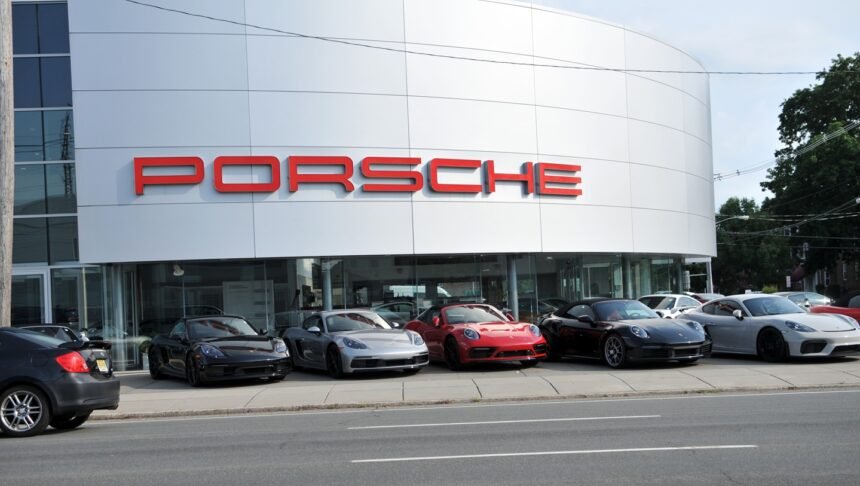Porsche is facing challenges in the luxury car market, particularly in China and the United States, prompting the company to consider further cost-cutting measures. CEO Oliver Blume emphasized the need to adapt to changing market conditions in a memo to staff obtained by Bloomberg. The company is experiencing lower demand for electric vehicles and sluggish sales in China, a competitive market for battery-powered cars. In the US, Porsche is feeling the impact of import tariffs imposed by President Donald Trump, affecting profit margins.
To address these challenges, Porsche is planning to negotiate cost-saving measures with labour leaders in the latter half of the year. The goal is to improve profitability and achieve a medium-term operating margin target of 15% to 17%. Following Volkswagen’s lead, Porsche is looking to reduce production costs in Germany, where labour and energy expenses are significant. Volkswagen recently reached an agreement with unions to cut production capacity and reduce its workforce by 35,000 over the next five years.
In April 2025, Porsche revised its financial outlook for the year due to a challenging first quarter influenced by a downturn in China, rising supply chain expenses, and the impact of US tariffs on the automotive industry. The company reported a 1.7% decline in sales revenue for the quarter, primarily driven by lower vehicle sales despite positive pricing and customisation effects.
To navigate the changing tariff landscape and stay ahead of industry trends, companies can benefit from real-time data and market-leading analysis. GlobalData’s Strategic Intelligence offers insights and solutions to help businesses make informed decisions in a rapidly evolving market.
In conclusion, Porsche’s decision to intensify cost-cutting efforts reflects the challenges facing the luxury car market, particularly in China and the US. By implementing strategic measures to improve profitability and adapt to changing market conditions, Porsche aims to position itself for long-term success in a competitive industry.







